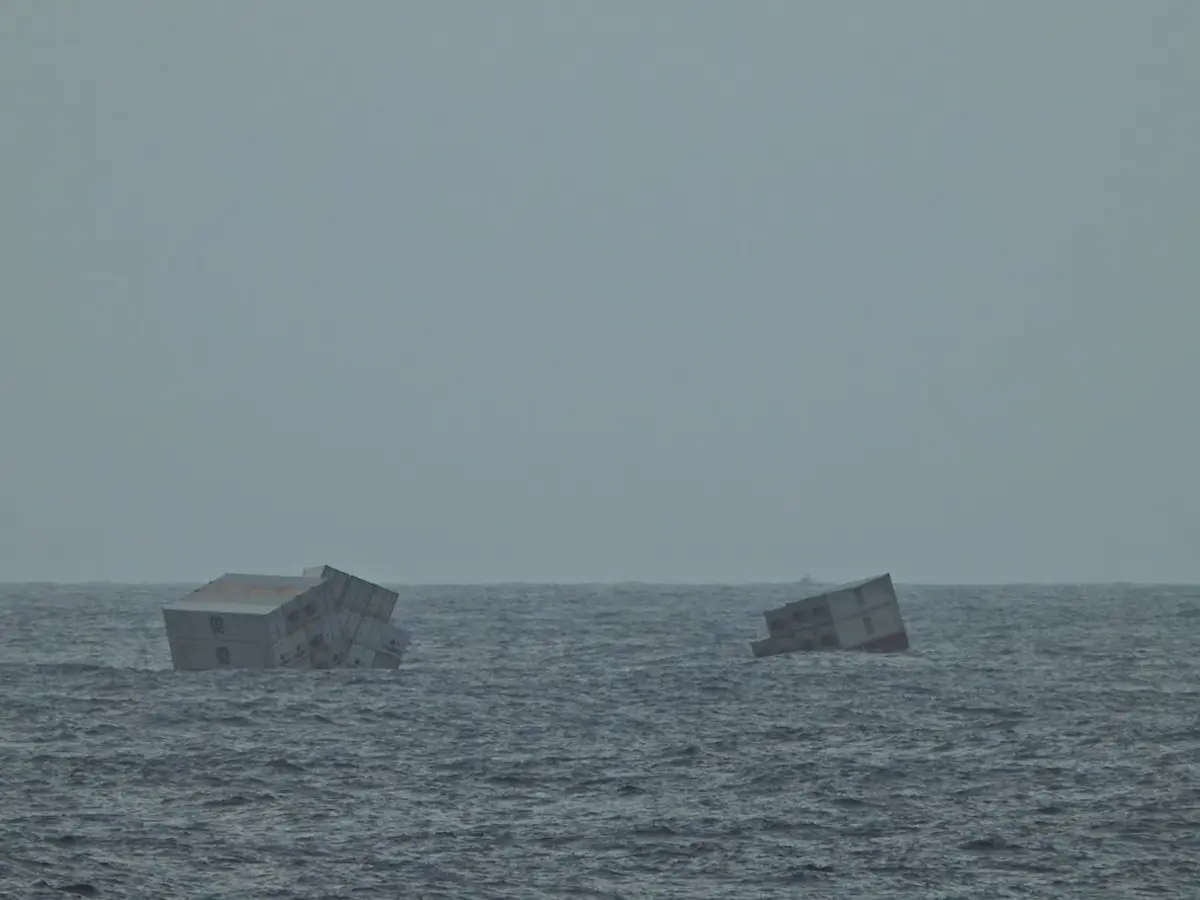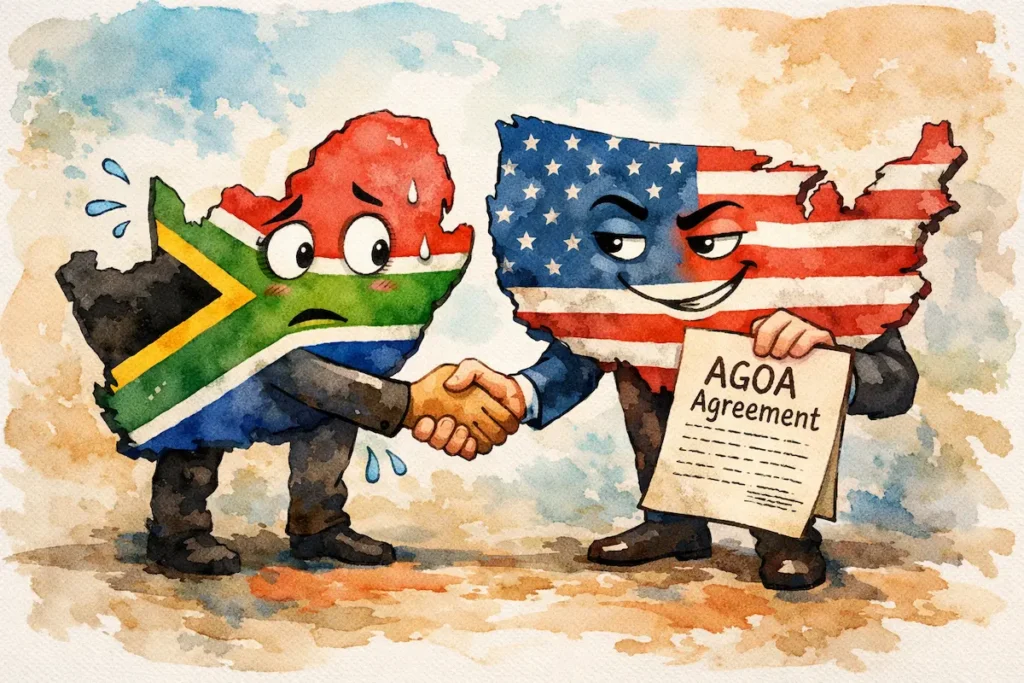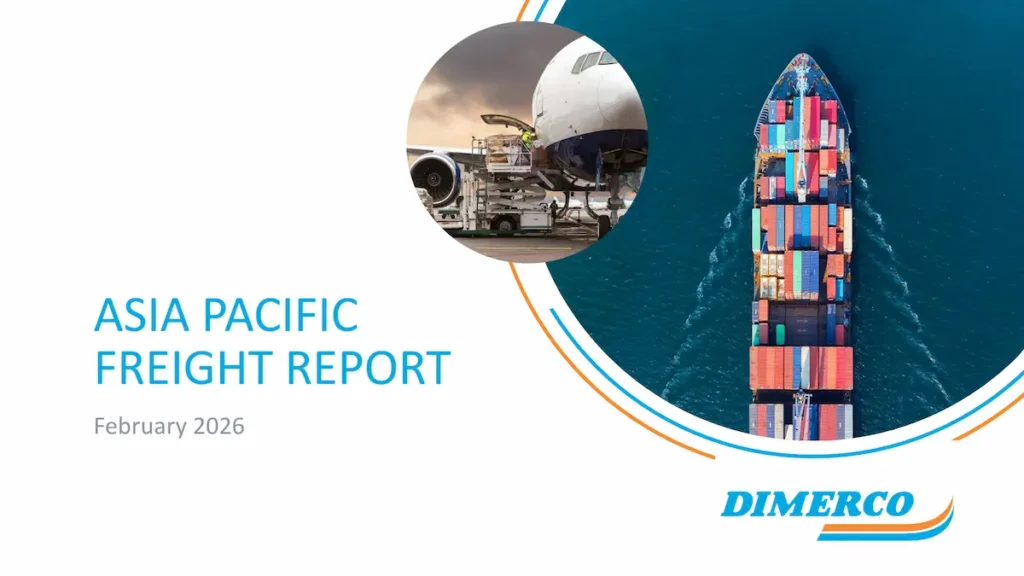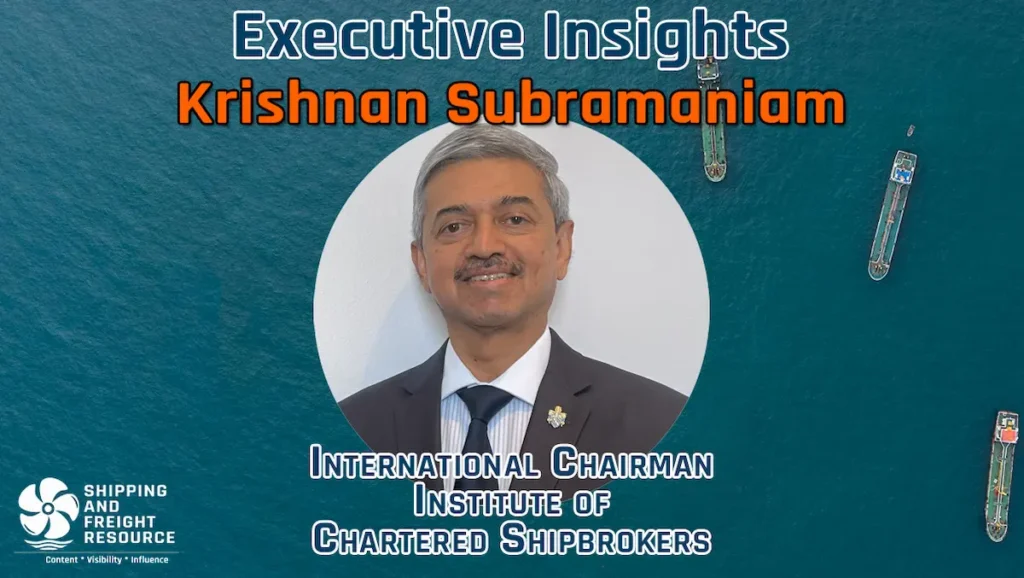The recent catastrophe in which MSC ELSA 3 a Liberian flagged container ship sank off the coast of Kerala, India, serves as a stark reminder of the vulnerabilities in our global maritime logistics and the pressing need for robust safety and environmental protocols.
The Incident: A Catastrophic Sinking
On May 25, 2025, 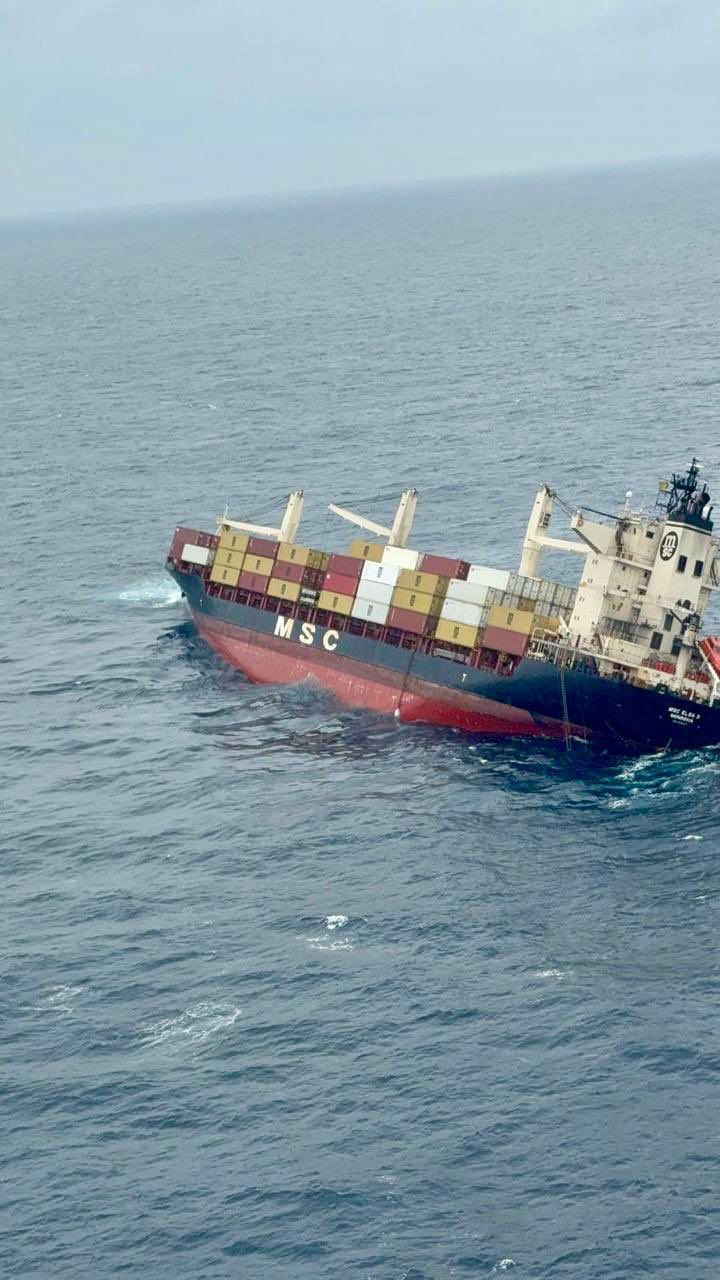
Environmental and public health concerns
The MSC ELSA 3 was carrying 640 containers, including 13 with hazardous materials and 12 containing calcium carbide—a substance that reacts with water to release flammable acetylene gas. The ship reportedly had 84.44 metric tonnes of diesel and 367.1 metric tonnes of furnace oil in its tanks.
The potential for an ecological disaster is significant. Authorities have issued warnings to coastal communities, advising residents to avoid contact with any containers or oil that may wash ashore. Fishermen have been cautioned against venturing near the sunken vessel.


Response and mitigation efforts
In response to the incident, the Indian Coast Guard deployed ships and aircraft equipped with oil spill detection systems to monitor and contain the spill. Pollution control measures, including the use of dispersants and containment booms, have been initiated to mitigate environmental impact.
As per The Times of India, the Kerala government has declared a statewide emergency, emphasizing the severity of the threat posed by the sunken vessel and its cargo.
Lessons and the path forward
The MSC ELSA 3 incident underscores the critical need for:
- Enhanced Safety Protocols: Regular maintenance and stringent safety checks for vessels, especially those carrying hazardous materials.
- Robust Emergency Response Plans: Establishing comprehensive contingency plans for maritime accidents to ensure swift and effective action.
- Environmental Safeguards: Implementing stricter regulations for transporting hazardous cargo and ensuring vessels are equipped to prevent environmental contamination.
As global trade continues to rely heavily on maritime transport, it’s imperative that stakeholders—governments, shipping companies, and international bodies—collaborate to bolster maritime safety and environmental protection.
Conclusion
The sinking of the MSC ELSA 3 is not just a maritime incident; it’s a call to reevaluate and reinforce our maritime safety and environmental protocols. By learning from this event and implementing necessary reforms, we can strive to prevent similar occurrences in the future and safeguard our oceans and coastal communities.

